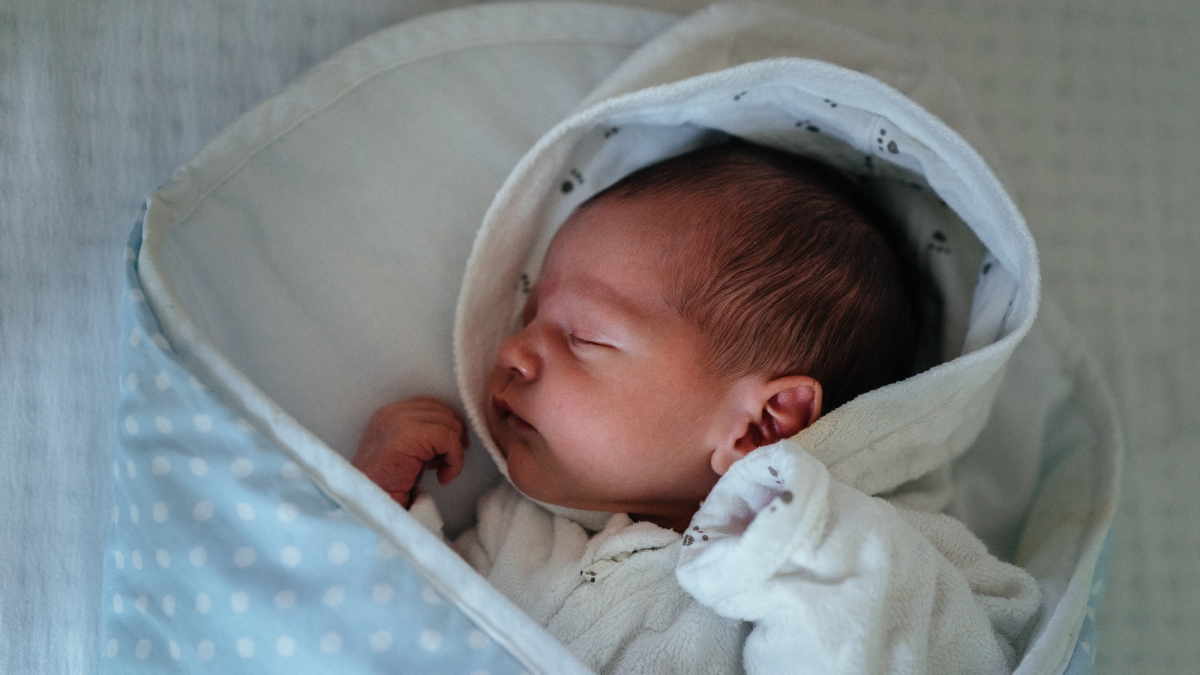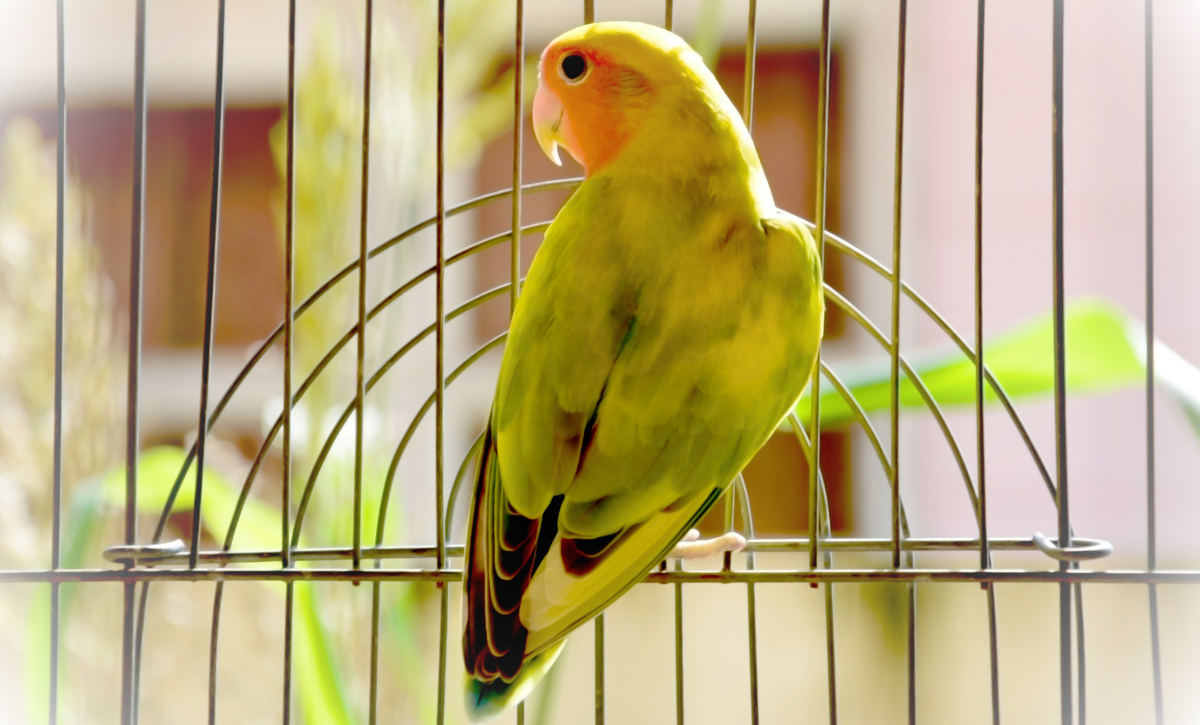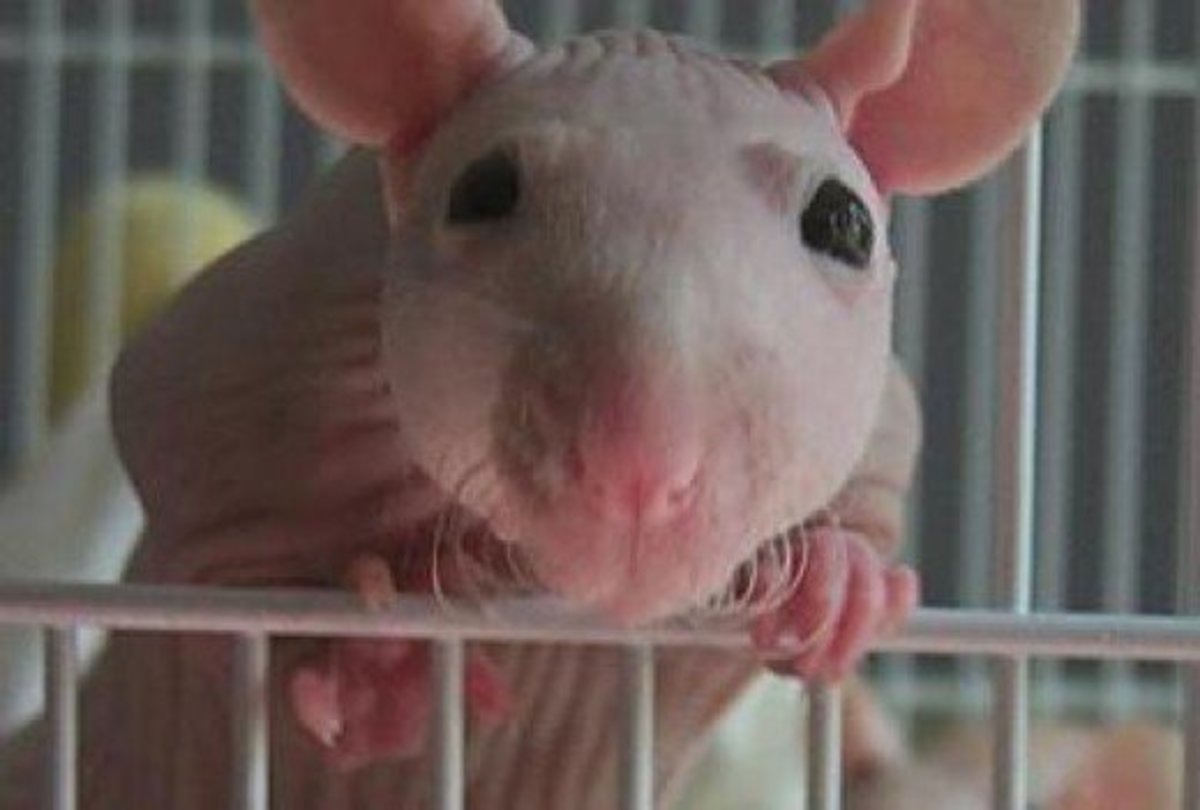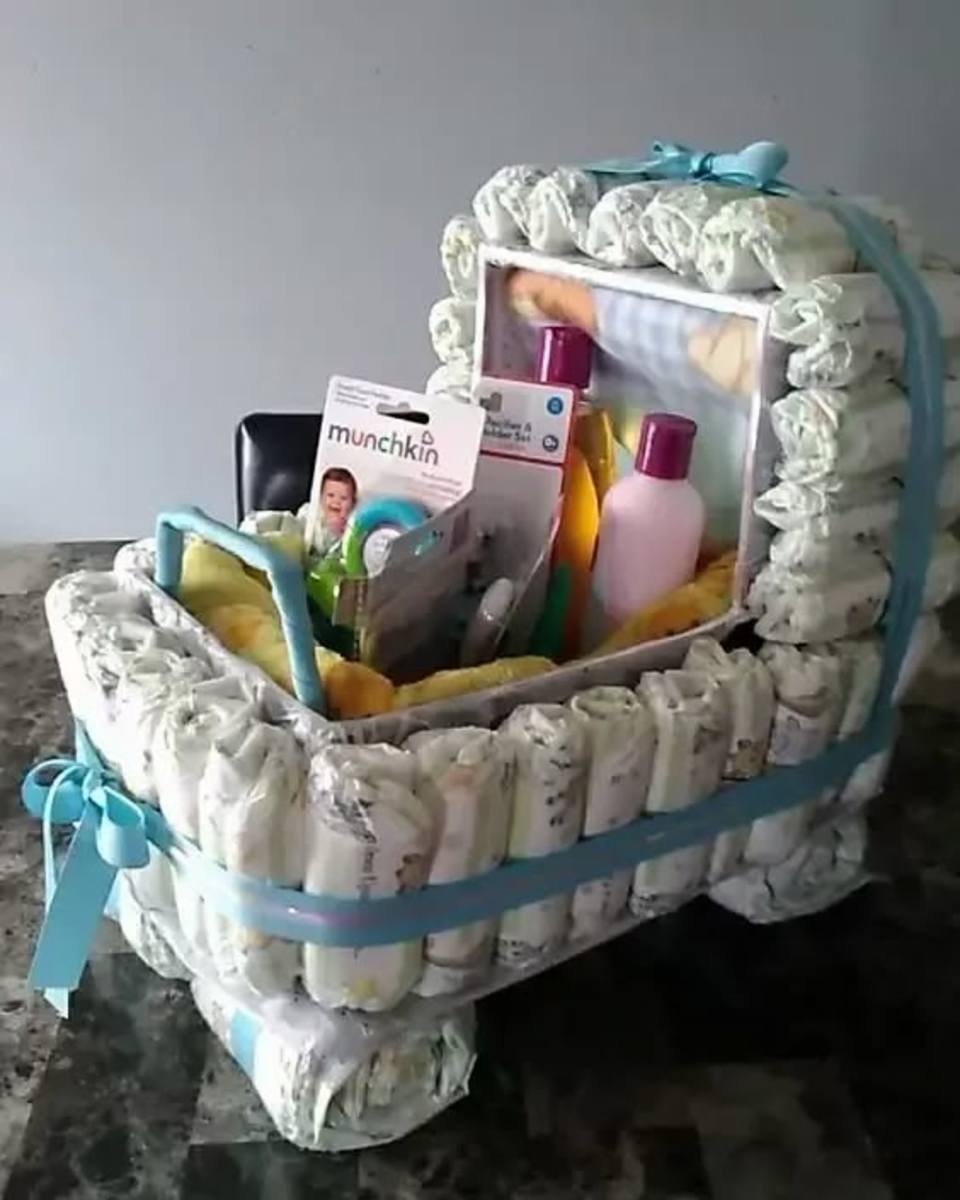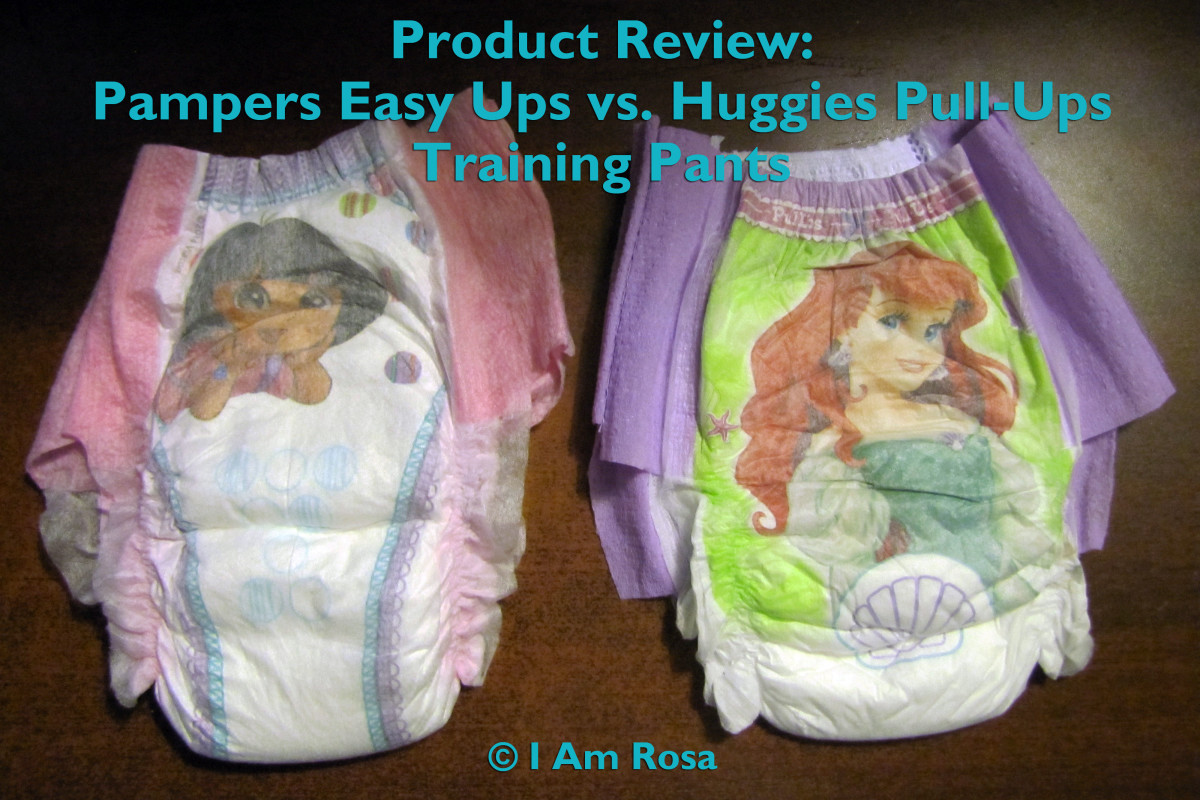Help! My baby won't eat solid food!
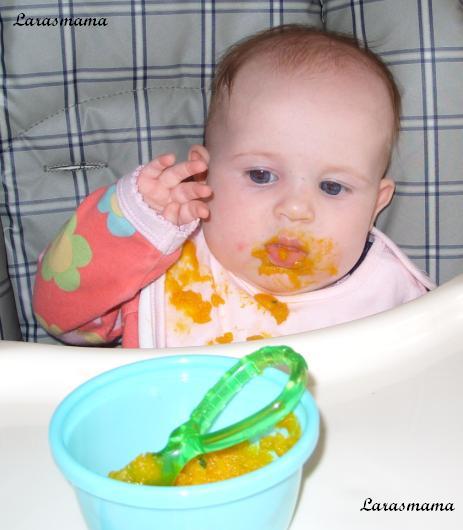
So your baby doesn't like food...
If your baby doesn't like food, it's natural to be worried. You'll wonder if they're going to miss out on important nutrients, not gain weight, or have other problems.
The truth is though, it's completely normal. In fact many babies don't start eating solids for 6-8 months and in some cases longer.
If you're not sure if your baby is ready to start solids you need to check with your paediatrician or doctor.
Here are some tips on being certain your baby is ready to eat and encouraging them to do so.
Remember that if baby stops liking solids for a while, it could be because they're teething, which can make their gums painful. Keep trying!
Always use a different spoon when feeding baby - sharing utensils can give baby new germs including ones that can lead to tooth decay.
Some things to remember
- For the first year, milk is the main food source for babies.
- Food during the first year is more about experimentation for baby than nutritional benefit.
- Some babies love food from the minute they try it.
- Some babies hate food for quite awhile and may not really eat much till 8-9 months or longer.
- Many babies don't like puree (in fact it's a recent introduction to the infant diet) so feeding them whole food (baby led weaning) can help.
Tips on helping baby eat solid food
- Stop stressing - baby can tell when you are stressed and will get upset, making them less likely to eat.
- Eat with them - make enough so you can eat some food as well, showing how it's done and how much you like it.
- Set enough time - don't feed baby unless you have the time to spend on working with them - the hurry can leave you both stressed.
- Play games - make faces, sounds, play hide and seek, anything to make the experience something they'll enjoy.
- Don't push it - if baby starts getting upset, stop. If they associate high chairs and feed time with force and being uncomfortable then it'll turn into a vicious circle.
- Don't force feed - this will lead to bad associations and make feeding even more difficult. Do you really want your baby to react the same way to a spoon as they do to a needle? If you're spoon feeding, leave the spoon in front of their mouth and let them come the rest of the way. Don't put the spoon in unless they open their mouth.
- Keep trying - it can take a lot of tries before baby eats.
- Smaller meals - Don't put too much food in front of baby - this can lead to them feeling overwhelmed. Start small and offer more if they want it.
- Let baby feed themselves - yes this can get messy but if baby wants to grab the spoon, let them. Most babies like to put new items straight in their mouth and letting them do this allows them the freedom to experiment with the food in their own time.
Instead of feeding baby
The most important part of eating for the first few months is learning to chew and eat food correctly. If you really think your baby just isn't interested, you could try the following:
- Give them a rusk or zwieback toast to chew on.
- Let them lick and suck plain food from your finger to get used to different tastes.


